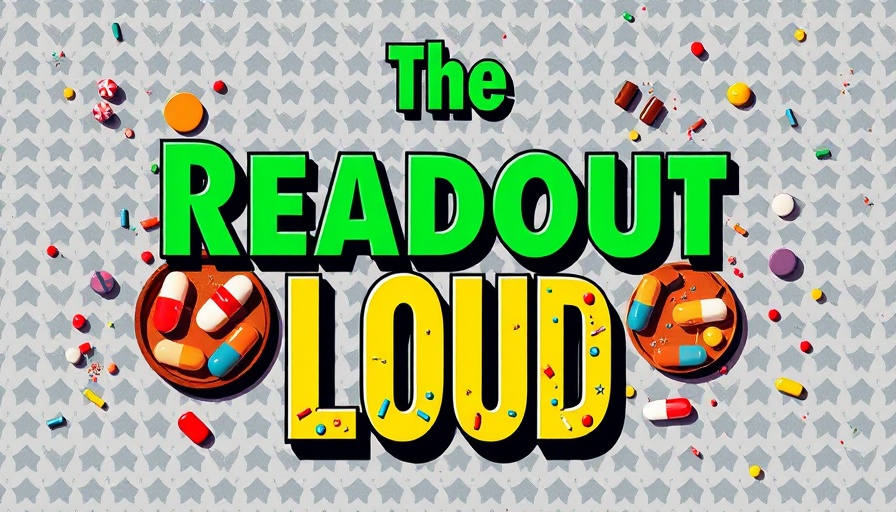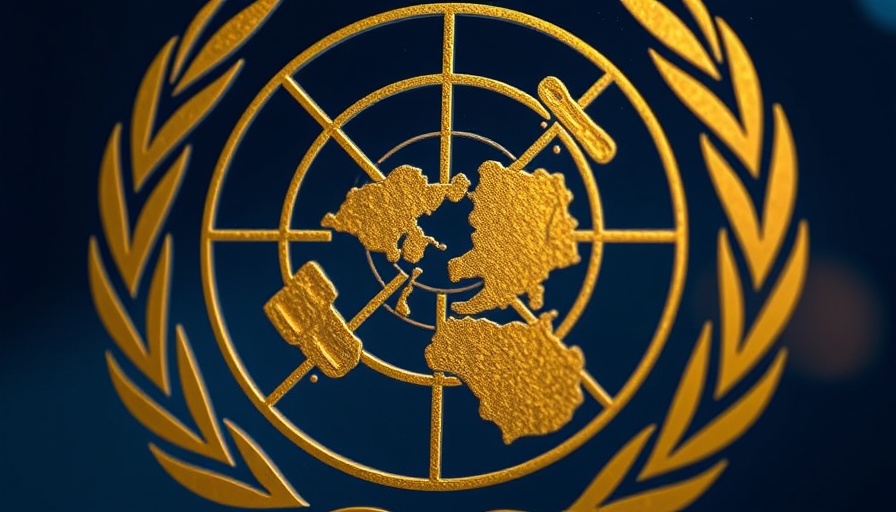
A Change at the Top: What It Means for Biotech and FDA
This week, the unexpected ouster of Vinay Prasad from the FDA has sent ripples through the biotech world and raised pressing questions about the future direction of the agency. Prasad was a pivotal figure, overseeing the biologics division during a time of significant debate surrounding groundbreaking therapies, particularly Sarepta’s controversial gene therapy for Duchenne muscular dystrophy.
The Political Backdrop of Prasad's Departure
Prasad's removal follows intense scrutiny and criticism from various political circles, most notably conservative voices who opposed some of his decisions. This scenario highlights the growing intersection between politics and healthcare policy, where influential figures within the FDA face pressure not solely based on scientific merit but also political ideologies.
Implications for Biotech Innovation
Industry experts, including Brian Skorney from Baird, suggest that Prasad's departure may mark a turning point for biotech innovation. His leadership was seen as a commitment to advancing promising therapies, even in the face of controversy. In contrast, the uncertainty surrounding his successor may lead to a more cautious approach in reviewing breakthrough treatments, potentially stifling innovation that could benefit patients.
The Road Ahead for the FDA
Discussions with former FDA officials Robert Califf and Ned Sharpless indicate that the agency could face challenges ahead. The removal raises concerns about maintaining balanced oversight while also fostering an environment that encourages innovative drug development. The FDA's mandate to protect public health must not overshadow its role in advancing new therapies for rare diseases.
Community Reactions: Voices from the Ground
This development has elicited strong emotional responses, especially from advocacy groups and families affected by conditions like Duchenne muscular dystrophy. Parents fighting for access to treatments now face an atmosphere of uncertainty, and the implications of Prasad's removal are personal. The human stories behind these therapies remind us that regulatory decisions are not made in a vacuum—they impact real lives.
Call to Action: Stay Engaged in Healthcare Advocacy
As the landscape of healthcare continues to evolve, it is crucial for communities to stay informed and engaged in advocacy. Changes at the FDA do not just shape policy but affect the very fabric of how individuals and families access innovative treatments. Follow developments closely, support advocacy efforts, and make your voice heard to ensure that patient needs remain at the forefront of healthcare decisions.
 Add Row
Add Row  Add
Add 




Write A Comment